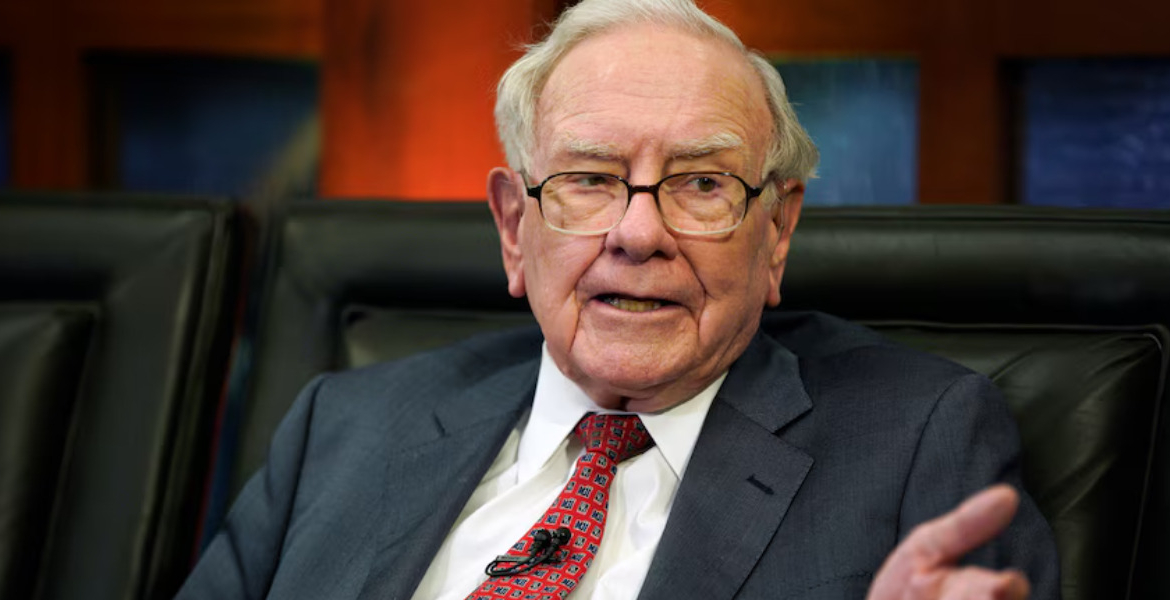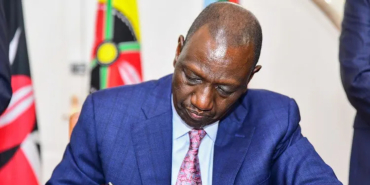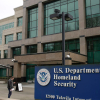Billionaire Warren Buffett Donates Sh3.8 Billion to Kenya

As Kenya grapples with significant reductions in US foreign aid, billionaire investor Warren Buffett's Susan Thompson Buffett Foundation has committed Ksh3.8 billion to the State Department of Medical Services.
This infusion of funds aims to mitigate the impact of decreased support from the United States Agency for International Development (USAID) under President Donald Trump’s administration, which has long been a crucial partner in Kenya’s healthcare sector. The contribution from the Buffett Foundation is particularly timely, representing approximately 18.1 percent of the department’s Ksh20.93 billion project budget for the upcoming fiscal year. The Kenyan Treasury has detailed plans for the allocation of these funds, emphasizing their critical role in maintaining essential healthcare service delivery.
For decades, USAID has provided billions in grants to African nations, including Kenya, to bolster critical health initiatives. These funds have supported the procurement of HIV medications, vaccine distribution programs, and the development of medical infrastructure in underserved regions. However, the Trump administration’s decision to curb foreign aid programs has left developing countries scrambling to address significant financial shortfalls.
Kenya, in particular, faces an urgent need to secure Ksh24.9 billion in alternative funding following the withdrawal of US support. The Ministry of Health has emphasized the need for mobilizing resources to cover immediate shortfalls, including a Ksh2 billion emergency allocation to sustain critical healthcare operations and Ksh2.5 billion for vaccine procurement through the Global Alliance for Vaccine Initiative (GAVI). Warren Buffett, primarily known as the chairman and CEO of Berkshire Hathaway, has a long history of philanthropic involvement.
His foundation, originally named the Buffett Foundation, has focused on reproductive health programs, prioritizing access to contraception and safe abortion services. Buffett's previous pledge to support the Bill and Melinda Gates Foundation resulted in over $43 billion in contributions for poverty alleviation and healthcare projects. Currently, Buffett’s philanthropic endeavors are shifting towards a charitable trust overseen by his children.
This direct financial injection into Kenya’s budget marks a notable departure from Buffett's usual approach. Historically, private donations, including those from USAID, have largely been channeled through non-governmental organizations rather than directly to state agencies. The reduction in US funding has affected not only Kenya but also other African nations, including Nigeria, Lesotho, and the Democratic Republic of Congo. The World Health Organization (WHO) has warned that several countries could soon face HIV drug shortages due to disruptions in essential medical supply shipments.
These funding contractions have compounded existing public health vulnerabilities, forcing African governments to explore alternative financing models. Kenya’s government has convened high-level discussions aimed at restructuring healthcare spending to accommodate the shortfall, including streamlining workforce deployment within public hospitals, scaling up local drug manufacturing, and integrating HIV, TB, and malaria care into a broader benefits package.
USAID’s retreat has also had far-reaching consequences beyond healthcare. The agency had initially pledged Ksh16.5 billion toward food security initiatives, targeting arid and semi-arid regions, refugee support programs, and agricultural sustainability efforts. The abrupt end to such projects now places additional pressure on local economies and aid-dependent communities.
Buffett's philanthropic gesture follows his increasingly vocal stance on global economic policies. The billionaire has frequently critiqued Trump’s trade strategies, expressing concerns that tariff impositions risk escalating international conflicts. Buffett has advocated a more collaborative global approach to economic relations and humanitarian efforts. His philanthropy remains one of the key conduits through which he channels these perspectives, positioning his foundation as a counterweight to Washington’s increasingly insular policies.
Kenya’s Treasury Cabinet Secretary John Mbadi has acknowledged the invaluable support from donors but stresses the need for self-reliant revenue mechanisms. The Ksh3.8 billion grant, though substantial, forms only part of Kenya’s broader financing puzzle, with additional contributions coming from institutions like the World Bank (Ksh12.37 billion) and the Global Fund (Ksh4.4 billion).








Add new comment